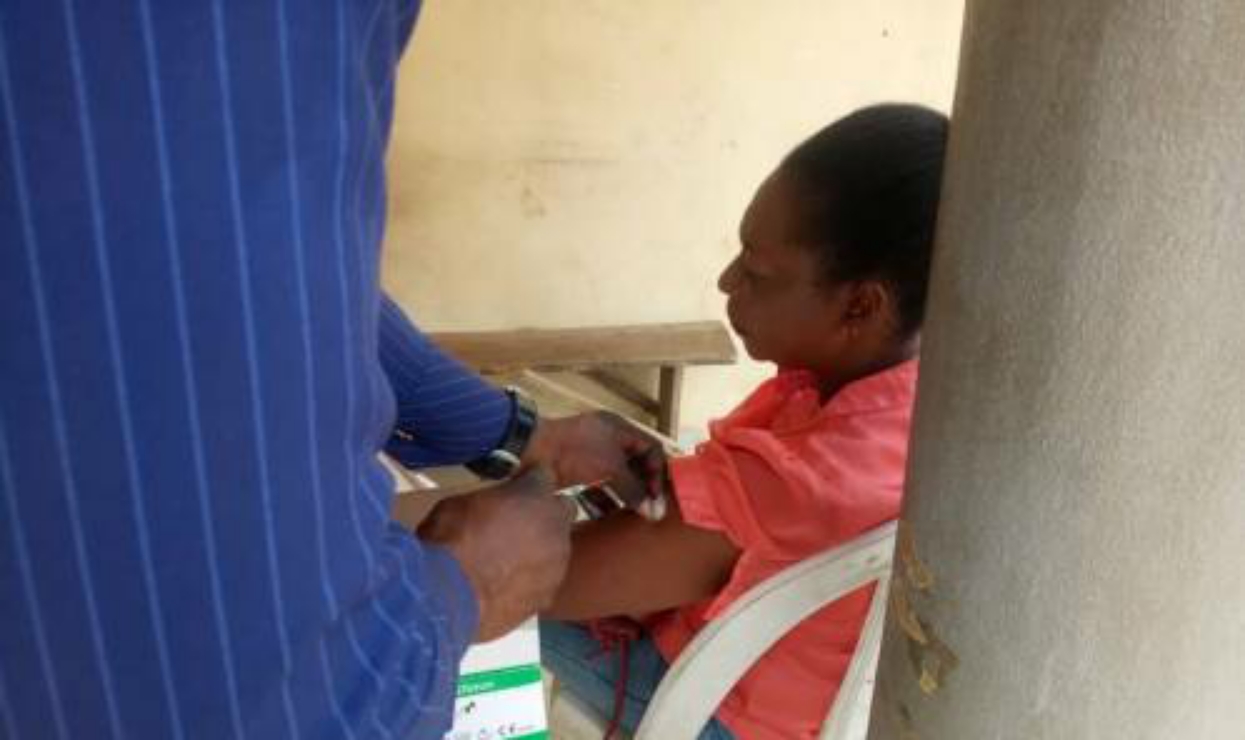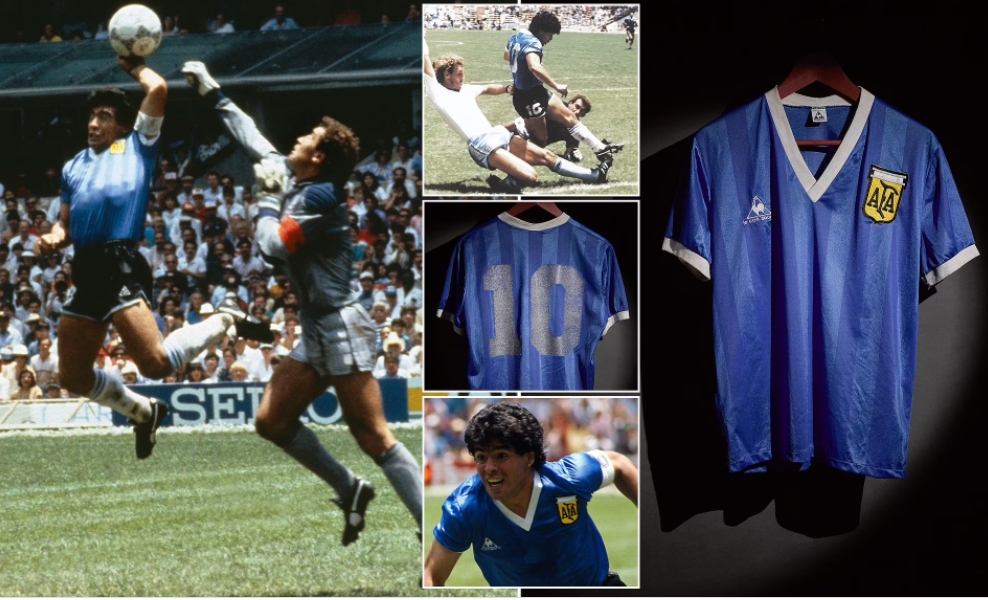Poor nations rejected more than 100 million doses of COVID-19 vaccines distributed by the global programme COVAX in December 2021, mainly due to their rapid expiry date, UNICEF has disclosed .
Despite growing supplies of shots, the world is still a long way off being vaccinated, with COVAX getting closer to delivering one billion doses to a total of nearly 150 countries, a UN official stressed.
“More than a 100 million have been rejected just in December alone,” Reuters quoted the Director of Supply Division at UN agency, UNICEF, Etleva Kadilli, to have told lawmakers at the European UnionParliament.
The main reason for rejection was the delivery of doses with a short shelf-life, she said.
The UNICEF official revealed how in Nigeria, the federal government destroyed expired AstraZeneca COVID-19 injections totalling 1,066,214 doses. Addressing journalists shortly before setting out to destroy the vaccines at the Idu Dump site in the Federal Capital Territory, the Executive Director of the National Primary Healthcare Development Agency (NPHCDA) Dr. Faisal Shuaib, explained that the government took the action to destroy the expired vaccines not only to safeguard the health of Nigerians, but to also engender trust in the COVID-19 vaccination campaign.
Also, Kadilli disclosed that poorer nations have also been forced to delay supplies because they have insufficient storage facilities, including a lack of fridges for vaccines.
The official also stressed that many countries also face high levels of vaccine hesitancy and have overburdened healthcare systems.
UNICEF’s data on supplies and use of delivered vaccines showed that 681 million shipped doses are currently stored in about 90 poorer nations, according to CARE, a charity, which extracted the figures from a public database.
“We have countries that are pushing doses that are currently available towards quarter two of 2022,” Kadilli said.
“Of the 15 million doses from the EU that have been refused, three-quarters were AstraZeneca shots with a shelf life of less than 10 weeks upon arrival”
More than 30 poorer nations, including big states such as the Democratic Republic of Congo and Nigeria, have used fewer than half of the doses they received, CARE said.
A spokesperson for Gavi, a vaccine alliance which co-manages COVAX, said that the high storage level was due to a surge in deliveries in the last quarter, especially in December.
In January, 67 per cent of the population in richer nations had been fully vaccinated, whereas only eight per cent in poorer nations have received their first dose, WHO figures show. Increased supply caught many receiving countries unprepared.
Wealthy countries donating vaccines with a relatively short shelf life had been a “major problem” for COVAX, a WHO senior official said last month.
In another development, Africa’s top public health body has said it is in talks with Pfizer about securing supplies of its antiviral COVID-19 pills for the continent, the Paxlovid medication which is nearly 90 per cent effective in preventing hospitalisations and deaths.
“We are in really close discussions with Pfizer to see what can be done to make the drugs available on the continent and accessible on the continent, that is, the Paxlovid drugs,” said the Director of the Africa Centres for Disease Control and Prevention, John Nkengasong.










